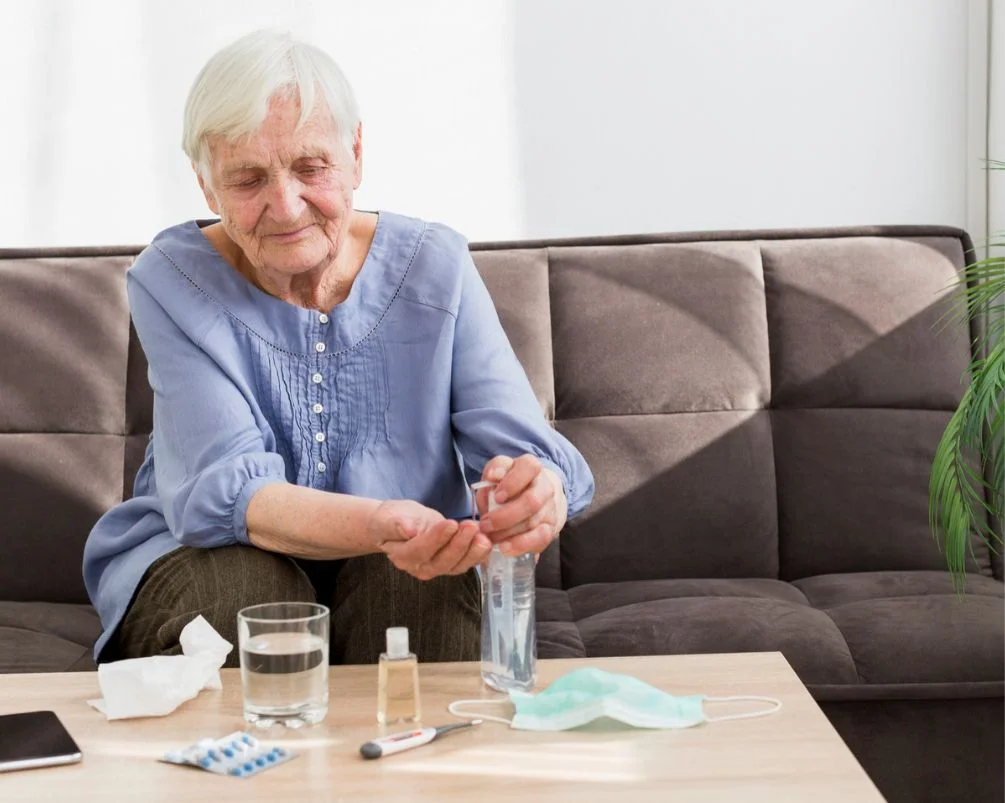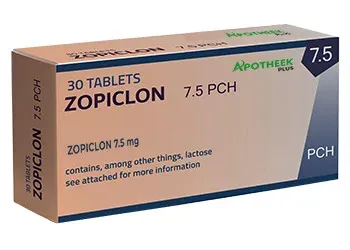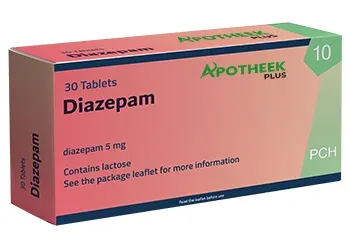What are you looking for?
Search
Welcome to Apotheek Plus France!

Medication Use in the Elderly: Dosage and Safety Tips

Our bodies change as we grow older, influencing the way medications are absorbed, metabolized, and excreted. This makes older people more prone to side effects and drug interactions. Responsible medication use is imperative for both safety and health, especially when it comes to commonly prescribed medications like antibiotics, sleeping pills, and painkillers.
This guide lays out what seniors and caregivers should know about dosage, safet,y and practical tips for safe use.
Why Medication Safety Is Important
Many older adults take multiple medications for chronic conditions such as diabetes, high blood pressure, or arthritis. This increases the risk of polypharmacy, which can lead to:
-
Side effects or adverse drug reactions
-
Harmful drug interactions
-
Overdosing or underdosing
-
Reduced kidney or liver function affects drug elimination
Being aware of these risks and monitoring medications closely can significantly improve safety.
Types of medication and how to use them safely
Antibiotics
Antibiotics are lifesaving when it comes to fighting infections, but if misused can result in resistance, side effects, or even organ damage. And among older people, incorrect dosing can strain the kidneys or upset the stomach.
Safety tips:
Always complete the prescribed course.
Never self-medicate by modifying dosages or without a doctor’s approval.
Take care of yourself and be on the lookout for side effects like diarrhea, nausea or skin reactions.
Common antibiotics for older adults:
Amoxicillin – for respiratory, urinary and other infections of the skin.
Azithromycin — used for respiratory infections and certain types of skin disease.
When used correctly under a doctor’s care, safety is an issue.
Sleeping Pills
We all know a good sleep is important — yet we also know how difficult it can be to get one. Many older people have trouble sleeping or staying asleep. Though sleeping pills can help, prolonged use heightens risks of dizziness, memory issues, and dependence.
Safety tips:
And take it briefly, using the smallest effective dose.
Don't drink alcohol or mix with other sedative painkillers.
Non-drug approaches should be tried first, such as a regular bedtime routine, light exercise or relaxation techniques.
The Most Popular Sleeping Aids for Seniors handled:
Using Common Over-the-Counter Sleeping Pills .
Zolpidem, an acting insomnia remedy, represents an interim solution to the problem.
Temazepam – a benzodiazepine used to treat short-term insomnia.
Always use these medicines as directed, as they can cause side effects.
Painkillers
Older people are subject to chronic pain – usually from arthritis or osteoporosis. Relief of pain may include the use of either nonsteroidal anti-inflammatory agents or morphine.
Safety tips:
Do not use potent painkillers continually without a doctor's approval.
Use of opioids should be strictly supervised to minimize the risk of addiction.
Look out for interactions with blood thinners or drugs to control blood pressure.
Common painkillers for older adults:
Codeine 10mg – weak opioid, mild to moderate pain management; can be abused; should only be used under the care of a physician.
Tramadol – partly synthetic analgesic for moderate pain; with careful restrictions.
Responsible and doctor-monitored medication use is safe and effective for pain management.
Tips for Safe Medication Use in Seniors
-
Keep a complete, updated list of all medications, including over-the-counter drugs and supplements.
-
Regularly review medications with a healthcare provider.
-
Watch for new side effects or interactions whenever starting a new medicine.
-
Store medications safely in clearly labeled containers.
-
Order medication online only from licensed pharmacies to ensure quality and proper dosing.
By following these precautions, seniors can manage medications safely while maintaining quality of life.
Frequently Asked Questions (FAQs)
1. Why do older adults react differently to medications?
Age-related changes in liver and kidney function slow down drug processing, making seniors more sensitive to side effects.
2. Are sleeping pills safe for long-term use in seniors?
Long-term use is generally not recommended due to dependence, memory issues, and fall risk. Short-term or non-drug solutions are preferred.
3. Can seniors safely take antibiotics?
Yes, if doses are adjusted for kidney function and taken exactly as prescribed. Avoid unnecessary use.
4. Which painkillers are safest for older adults?
Acetaminophen is generally safe for mild pain. Stronger NSAIDs and opioids require close monitoring.
5. Is it safe to buy painkillers online?
Yes, but only from licensed online pharmacies. Ensure prescription verification for stronger medications.
6. How can seniors reduce the risk of drug interactions?
Maintain an updated medication list and share it with healthcare providers during every visit.
Conclusion
Safe medication use in the elderly requires careful attention to dosage, drug interactions, and individual health conditions. Medications such as antibiotics, sleeping pills, and painkillers are commonly needed but should always be used responsibly. By staying informed and consulting healthcare professionals, seniors can manage medications safely and improve their overall wellbeing.








